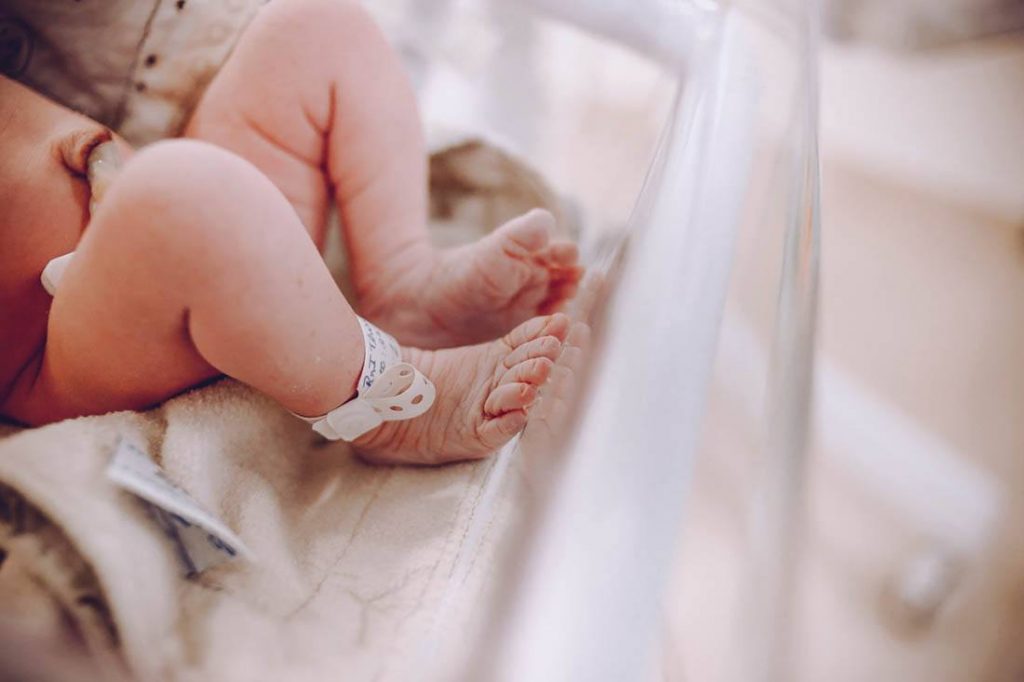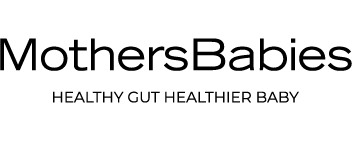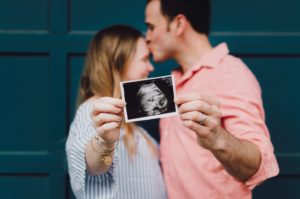Gut Health and the Microbiome

Gut Health and the Microbiome Written by Clare Carrick ANutr (BHSc Nutrition and Health Promotion) Scientifically reviewed by Dr Fathalla Ali, PhD (Paediatrics) 23/12/2021 ‘Gut health’ and the ‘microbiome’ are having a moment in the spotlight right now…and for good reason! The little cohabiting critters that make up our microbiome really do play a huge […]
Excerpt from The First Thousand Days: An Evidence Paper

Excerpt from ‘The First Thousand Days: An Evidence Paper’ Section 3.2.1 The role of the microbiome Written by The Centre for Community Child Health The Royal Children’s Hospital Melbourne September 2017 Vast numbers of bacteria, viruses, and fungi (collectively known as the microbiome) live in and on the human body and play an important role […]
The persistent gut microbiota in infancy and it’s origin

The Persistent Gut Microbiota in Infancy and it’s Origin Scientifically reviewed by Dr Fathalla Ali, PhD (Paediatrics) 29/11/2021 During and after birth, the gut of a newborn baby is rapidly colonized with microbiota. This early gut colonization plays an important role in the baby’s immune system development. Factors such as premature birth, cesarean section delivery […]
Introducing solids, gut health and immunity

Introducing solids, Gut health and Immunity Scientifically reviewed by Dr Fathalla Ali, PhD (Paediatrics) 22/11/2021 Your baby’s immune system development in the first three years of life is strongly linked to your baby’s gut health and gut bugs (developing gut microbiota). Your baby’s gut bugs develop over these three years from a relatively simple gut […]
The early life determinants for Gut Dysbiosis

The early life determinants for Gut Dysbiosis Written by Dr Fathalla Ali, PhD (Paedatrics) 22/11/2021 The gastrointestinal tract is the home for the most diverse and populated bacterial community known as microbiota. Ideally, the gut microbiota lives in a mutually symbiotic relationship with the human body. Whilst the gut provides the well-adapted shelter, the microbiota […]
The way our babies are born affects their gut microbiome composition, their immune system development and their resistance to medicines, such as antibiotics, used to treat infections and diseases

Caesareans can be a life saving necessity in the birth of a baby. Current scientific research into the development of a baby’s gut microbiome suggests that the way a baby is born, i.e. vaginally or by caesarean, can have a significant effect on the early development of the baby’s gut microbiome.
The introduction to solid foods and gut microbiota stability

The first 1-3 years of life is an important period for the development of our gut microbiota. During this critical time, gut microbiota development progresses from it being a relatively simple microbial community that is less rich and diverse, to a one that is high in richness and diversity.
Breastfeeding and the infant gut microbiota at 12 months of age

Feeding human milk to newborn infants has important nutritional, physiological, immunological and psychological benefits that may impact on their long-term growth and development.
The significance of what we eat during pregnancy for our babies

Current evidence based research indicates that what we eat during pregnancy has a significant impact on the early development of the baby during pregnancy and the first 1000 days of life.
The development of a baby’s gut microbiome and immune system and the role of beneficial bacteria, Bifidobacteria

A 2020 study of 88 African American babies during the first month of life included babies who were full term (>37 weeks) with no major genetic abnormalities.





